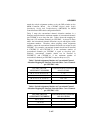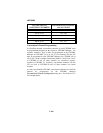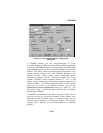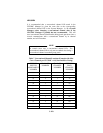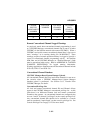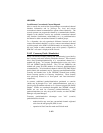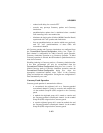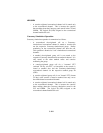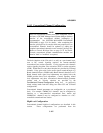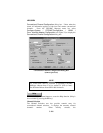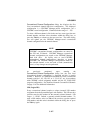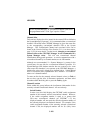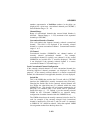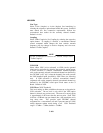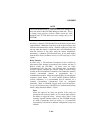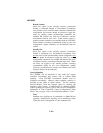
LBI-39224
3-155
3.14.3 Conventional Channel Configuration
After all conventional channels have been configured, saved,
and sent, a CEC/IMC Manager-based System Manger database
transfer of the conventional channel information is
recommended. See SYSTEM MANAGER DATABASE
UPLOADS on page 3-14 for details. After completing the
transfer, privilege lists of consoles which may require access to
conventional channels should be updated by adding the
required conventional channels to each console's privilege list.
Refer to Console Privilege Lists on page 3-123 for details.
Console conventional channel communication modules can
then be "built" or "modified" as required.
The basic function of the CIA rack is to add, on a per-channel basis,
tone or DC control signaling required for remote-controlled
conventional base station operation. It also programs each channel's
receive signaling for either voice activation (VOX) or carrier activation
(COR). Within the CIA rack, these functions are provided by CI Board
channels. Unity gain exists for the audio signals routed through a CI
Board channel to/from a VMIM Audio Board channel; therefore, no CI
Board channel audio signal level adjustments are required since the
VMIM provides these level adjustments. Control signaling related
level adjustments and other conventional channel-related parameter
settings such as 2/4-wire selection are provided by the
Conventional Channel Configuration dialog box. As previously
stated, settings made from this dialog box effect CCI and CI Board
configurations.
Conventional channel parameters are configurable on a per-channel
basis. For example, VMIM/CIA 1 channel 1 may be configured to
interface to a tone-controlled conventional base station and
VMIM/CIA 1 channel 2 may be configured to interface to a DC-
controlled conventional base station.
High-Level Configuration
Conventional channel high-level configurations are described in this
section. These configurations are performed from the
NOTE



